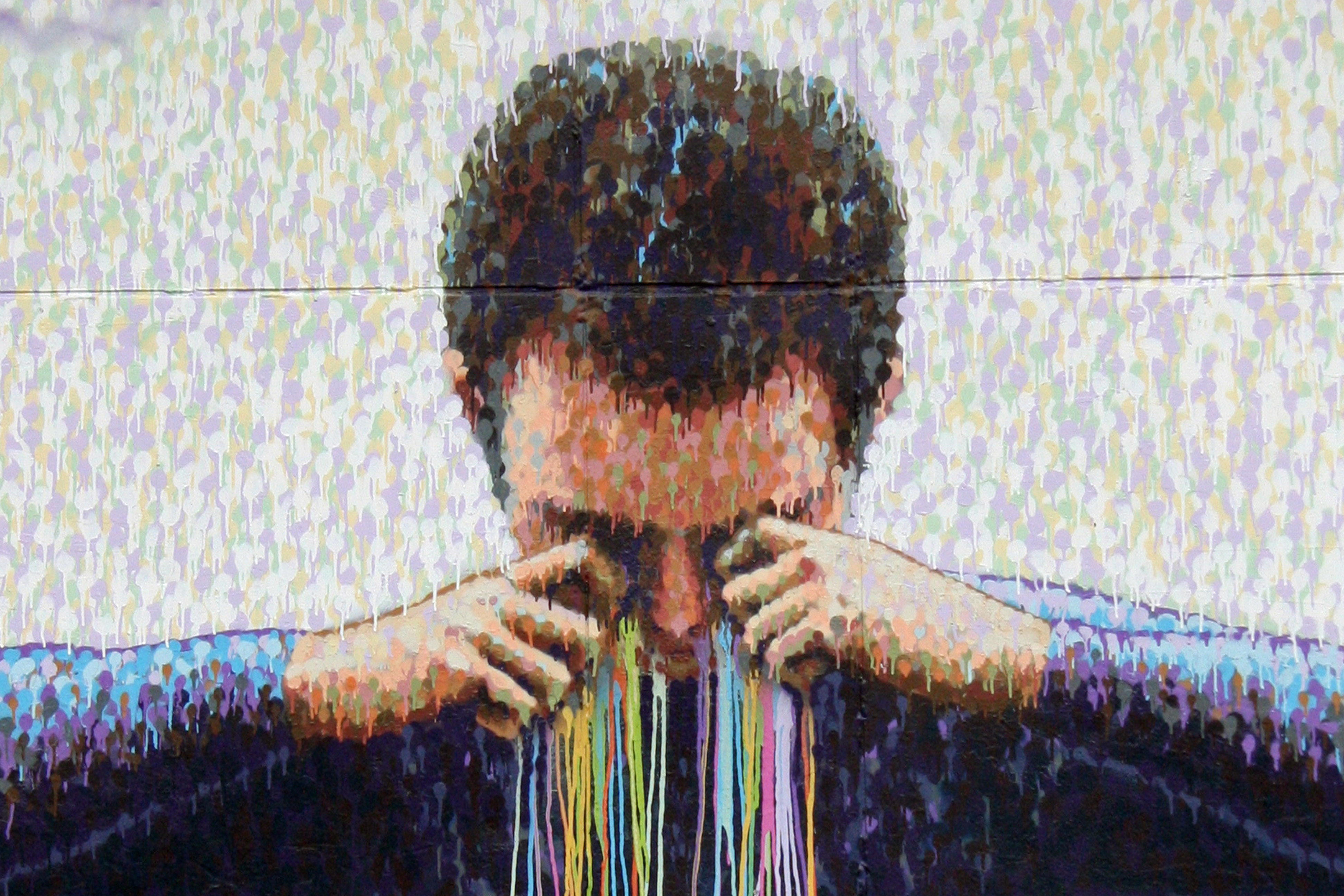The texts of reflections from this morning's worship in Hendon. Sadly, the church wifi went down towards the end of this part of the service.
Sinai: from creative commons
They journeyed. They entered the wilderness. There they camped.
A place of escape; but not the destination. Open space; open skies. Guided by cloud in the heat of the day; by fire in the cool of the night.
And did the remember what God had promised Abraham? That they’d be blessed; that they’d be numerous than the stars; more numerous than the sand. Blessed to be a blessing.
Sinai: wikipedia
They journeyed. They camped. Freedom was uncomfortable in this strange land. They longed for the tastes of Egypt; of garlic and melons, fish and cucumbers. And yet, in this strange landscape, their needs were met with manna and quail. Freedom meant having enough.
As they camped there before the mountain, did they know that that covenant would be renewed?
Image: Yoram Raanan
Moses was one who led them: he’d demanded their freedom; he'd heard their grumbles; and still he spoke for them. He knew the wilderness. He’d learnt to turn aside once before.
In a wilderness like this, he’d dared to look; he’d stood on holy ground. Where the presence of love burned in the world and did not consume it. There in flame I AM spoke. The one who was, and is and is to come.
Image: Rae Chichilnitsky
And I AM will touch his heart again; I AM will give voice to commandments and renew this covenant. Obey and keep says the voice of I AM; guide these people through the wilderness that they may know a way of promise and peace.
And will they honour the name of I AM; will they honour each other? For way back when, when Abram said ‘yes’ and Sarah laughed, a promise was made. A people grew like sand and stars; brothers dreamed and brothers parted; plenty turned to slavery; and yet God said, there is way of love.
Moses went up the mountain. The Lord called to him. I AM speaks and Moses listens. This is neither a burning bush nor an overshadowing cloud. It is just him. On this mountain. In this wilderness. Waiting. Breathing. Listening. But he must also speak.
Image: Lisa Fahey
He must speak of I AM who carried this people on eagles’ wings. I AM is like this majestic bird; carrying them from a place of bondage; preventing them from falling; drawing them home to Godself.
But fledglings must learn to fly. Before wings grow strong, the mother eagle swoops down and carries them up. Higher, this time. Until they grow accustomed to the air currents; and the beating of their own wings.
Image: Ercole de' Roberti
The same is true for God’s people. We must listen to the voice of love, and obey it; we must adjust to the breath of love, and take flight on it this vortex of air. Keep it, this way of promise and peace.
Image: Nasa
For God loves the whole world. This orb of life. Fragile. Diverse. Full of beauty and creativity, gifted freedom; yet consumed with the desire to acquire and control. I AM says they whole world is mine. Yet, with you I make a covenant out of all peoples; blessed to be a blessing; a light to lighten the nations.
More treasured than keepsakes, mementos and souvenirs; even more precious than the heirloom, or gift or childhood toy. This is how God looks on his chosen people; precious and beloved. Called to obey God’s voice and keep the covenant in order to draw others back to Godself.
This is a holy nation: drawing near to the refining fire of God’s love; this is a kingdom of priests mediating something of God’s justice. And yes, the people embrace this call; and yet we know that for centuries the prophets continued to challenge and recall them to God’s ways of mercy and compassion.
Yet here in the wilderness there is a willingness to trust and obey; a willingness to listen and act; to receive a promise in order to bring hope; to embrace a covenant in order to bring light in darkness; to receive a blessing in order to bless.
The grace of this convent - this way of promise and peace - is a sign to the world of God’s love of humanity.
We are heirs in faith; heirs of the promise of this kingdom. In Jesus, this promise and peace is extended to all. So their answer is on our lips: everything that the Lord has spoken we will do.
Will we seek after the lost sheep; will we go into the harvest?
Be bold and be brave in the way of promise and peace; bringing good news and raising others up.
Stock image
Jesus left the wilderness and came to his own. He walked amongst them. He went about in their towns and cities; we walked the land, step by step.
He taught in synagogues: opening the scroll, declaring liberation for all held captive. He proclaimed good news: in him the kingdom of heaven drew near, touching earth and transforming lives.


There was something attractive and compelling about these words. In Jesus the holy one, the great I AM had come near. He came alongside us in our suffering and sorrows; he came to the places of loneliness and despair and was in solidarity with us.
Jesus loved. In him the heart of God spoke. In him, the love spoke and acted, living out the answer to our deepest longings. In him, this way of promise and peace is extended to all; we walk as members of Christ’s body, we are Spirit-led in making this love visible in the world.
And crowds were curious. They were drawn to the life and love they saw in Jesus. They were attracted to this good news of freedom and hope, of peace and healing. And yet, they were vulnerable. They were harassed and helpless.
Icon found here
And Jesus looked on them - and we see in him emotional at the very dept of his being; a physical sensation that leads him to act. We are to look on the world as Jesus looked on the crowd: to be moved with gut-wrenching, heart-stopping, all-consuming love. We are to be jolted out of complacency or disconnection - and to see them with love.
These sheep - God’s flock - were harassed and helpless; scattered, stressed, vulnerable; crying out with hurt and longing. In need of compassion and hope. We are to see each other differently, with the eyes of Christ; to respond differently with the love of Christ.
There is longing and the season is ripe. Jesus responds to the crowd at the level of authentic human response; he will pour out love for them and us, going to the very depths of suffering and death to bring new life.
Jesus sees their need and also calls others to pay attention. To see what is happening - and to listen to human cries and to obey God’s call.
Image found here
And they followed him; and he called them. And as we hear their names, we know that they like us are not perfect. There is humility in this list - we know some of the details of their lives: they were stubborn and argumentative; they were ambitious and misunderstood; they denied and betrayed.
Yet these flawed human beings, like us, are capable of extending great love in our gestures - small, persistent and effective. And yet, they too are sent: they are sent to share the same space as Jesus. They too are to walk the land; they share is vulnerability and poverty; they share the journey and the resting places. They will face opposition and will raise others up.
They go and they make known a kingdom. Not only do they speak words of love and kindle hopes for justice; they bring the kingdom near.
There are tangible signs of release as people are restored to dignity; as of healing breaks in. There are tangible signs of promise, as mercy is extended to those who have suffered; signs of hope as penitence is met with forgiveness.
What will it take for the kingdom to come near today?
Image: The Artist's Tears - Jimmy C (James Cochran)
Do we see those holy tears?
Tears of how racism has impacted on the identity of individuals; or how as whole we are less than we might be because of the exclusion of some. Tears of social and economic inequality - which means some bear the disproportionate impact of lockdown; which means as a society we suffer.
Tears of repentance as we seek to learn, to listen to understand and to be better stewards of this kingdom. A kingdom which speaks, in the empty, desolate and vulnerable places of promise; a kingdom which speaks in the corridors of power and the places of plenty, of justice and peace.

Tears of how racism has impacted on the identity of individuals; or how as whole we are less than we might be because of the exclusion of some. Tears of social and economic inequality - which means some bear the disproportionate impact of lockdown; which means as a society we suffer.
Tears of repentance as we seek to learn, to listen to understand and to be better stewards of this kingdom. A kingdom which speaks, in the empty, desolate and vulnerable places of promise; a kingdom which speaks in the corridors of power and the places of plenty, of justice and peace.
Image found here
But we have this treasure in clay jars: the frailty of our human nature demands a constant recalling to the claims of the gospel for creation; for the raising up of others to new life; and a gentleness in understanding ourselves and others. We have a gospel to proclaim; a way to walk in; a kingdom that is near to us.
Miriam Therese Winter:
Be bold in the claiming of the gospel for the whole creation.
Be brave in the lifting up of the life of God in every place.
Be firm in carrying the holy name of Jesus Christ into the place of worldly power.
Be gentle in the understanding of ourselves and one another.
And may songs of the Creator sound with love in all the earth,
the tenderness of Christ Jesus cover the wounds of the people
and the truth of the Holy Spirit rise free in every age. Amen.
© Julie Gittoes 2020






.jpg)














